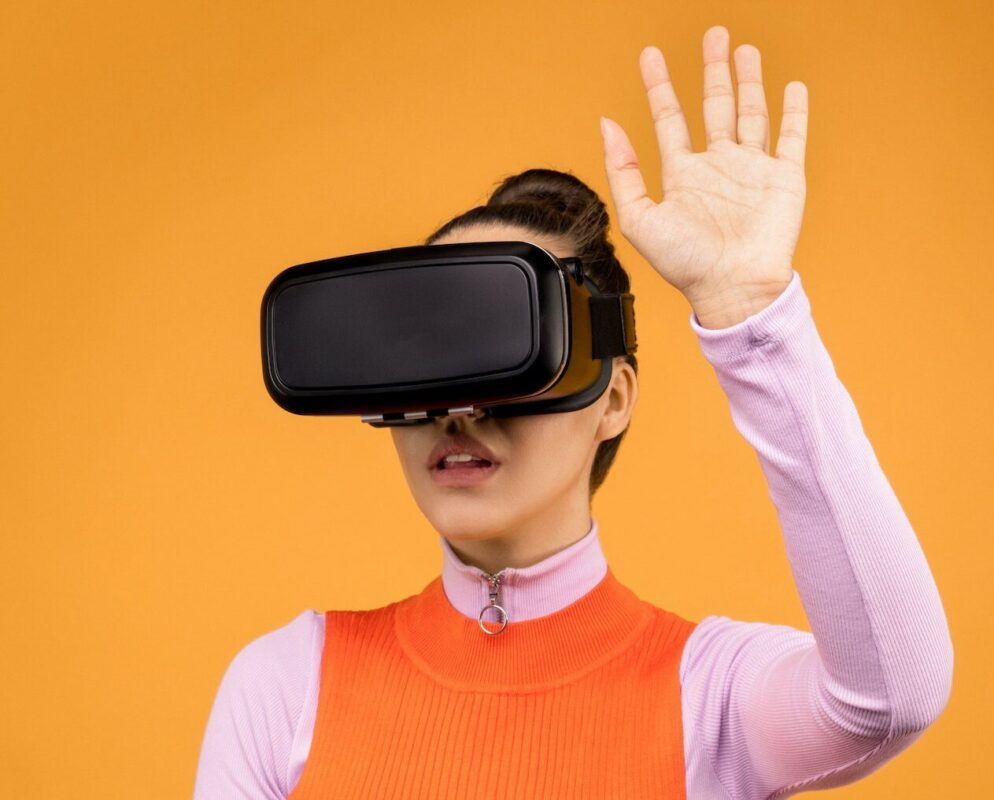- A new study explores using virtual reality relaxation to support mindfulness in people with psychosis.
- While VR didn’t significantly reduce all symptoms, it improved the ability to focus on close relationships.
- This research paves the way for innovative VR therapies in mental health.

Can Virtual Reality Relaxation Help Psychosis Patients?
In a recent study by Dr. YH Park and Dr. YC Chung, published in Schizophrenia, researchers explored virtual reality relaxation (VR) to support mindfulness in psychotic patients. This groundbreaking research investigates the safety and effects of virtual reality-based mindfulness (VBM) in patients with conditions like schizophrenia.
Mindfulness is the practice of being fully present in the moment and has been shown to benefit mental health. However, it can be challenging for people with psychosis due to their symptoms. That’s where VR comes in.
VR creates immersive environments that make it easier to focus and stay mindful. From natural landscapes to long-lost memories, virtual reality relaxation can create the right setting for meditation and mindfulness.
The study included 64 patients randomly assigned to either a VBM or a VR control group. Both groups participated in 8 weekly sessions lasting about 30 minutes each. VBM involved mindfulness education and meditation in VR, while the VR control group experienced 3D nature scenes.
The results showed that VBM was not significantly better than VR control in reducing symptoms like delusions and auditory hallucinations. However, there was a positive impact on patients’ ability to focus on close, caring relationships.
Does VR Come With Side Effects?
Safety was a concern, as many participants experienced VR sickness, but it was generally mild. Physiological measures showed that heart rate decreased over time in the VBM group.
Overall, this study is the first of its kind and provides valuable insights into the potential of virtual reality relaxation for individuals with psychosis. While it didn’t show significant improvements in all areas, it demonstrated that VBM can enhance certain aspects of mental well-being. Future research with larger sample sizes may uncover even more benefits.
This study opens up new possibilities for innovative virtual reality therapies in a world where mental health matters. It might be a step forward in improving people’s lives with psychosis.









